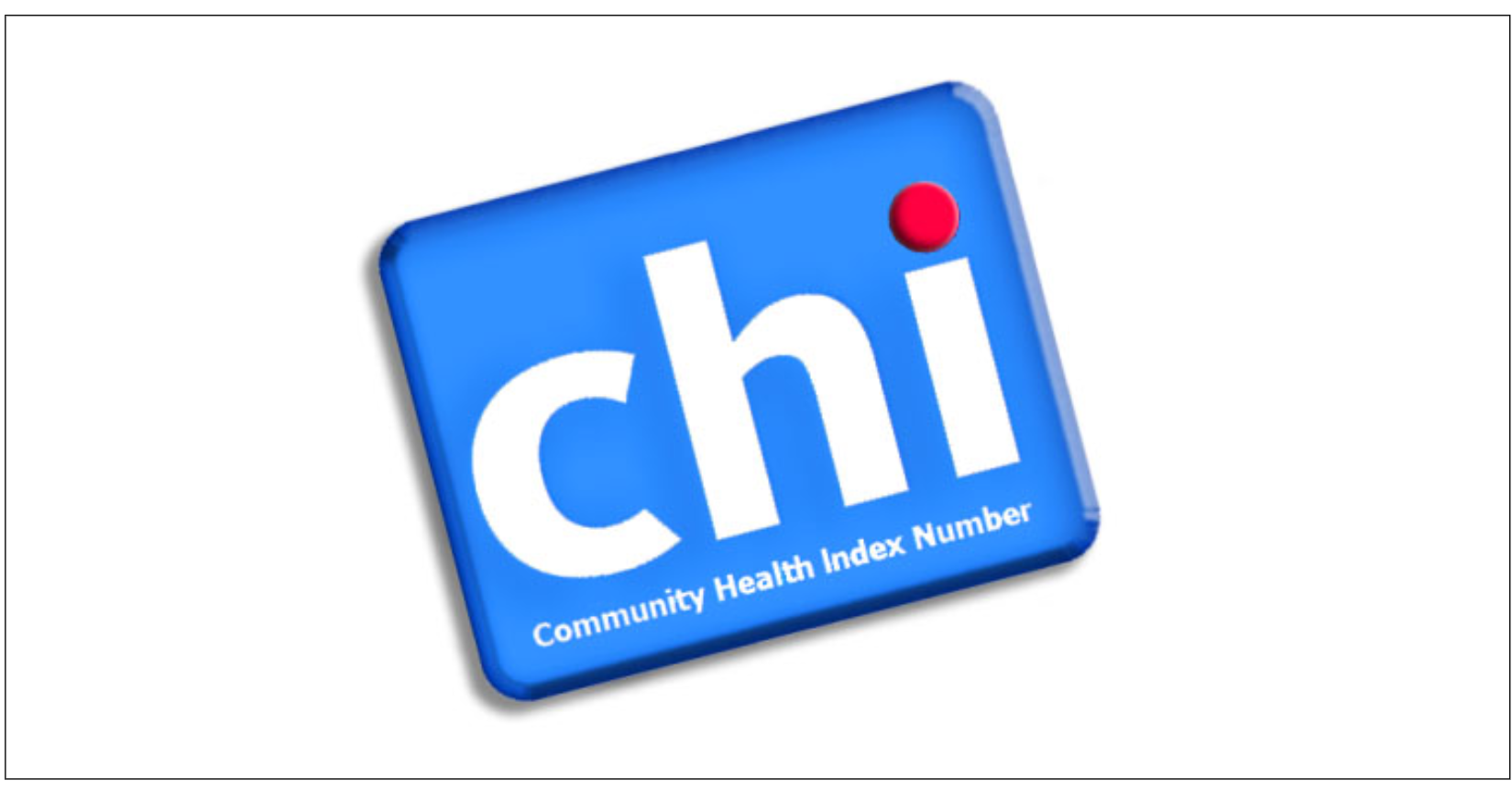NHS CHI Number

We sent the following letter to Dr Gregor Smith, the Chief Medical Officer on 2nd October.
As you are aware today marks the start of Speak Up Week 2023 with
this year’s theme being “Learning from Concerns”.
We hope that you will learn from ours.
CHI Number
The CHI number is a unique identifier of patients to allow the safe identification of an individual and allow their records to be more easily shared between all health care providers. It consists of 10 digits and the ninth digit is an even number for female sex and odd for male. This unique number identifies a patient from cradle to grave to allow as complete a picture as possible. The risks of allowing a change of CHI number following a change of a patient’s (self-identified) sex are significant with potential for serious harm.
Misdiagnosis
The sex of a patient is a consideration of diagnosis. Some conditions are sex specific. For many presentations the knowledge of sex affects probability and may alter investigation choices, delaying diagnosis. The results of investigations, blood tests for example, are interpreted using reference ranges defined by sex.
Reaching a diagnosis
Not all care is delivered first hand. There are times when a health professional will not see the patient meaning that access to complete health records is vital. This could include referrals, reviews, screening programs, imaging and many specialisms in health care. Even a remote consultation by phone or video call may not provide the clarity that would be available in a patient’s record accessed via their CHI number. This does not mean that details would be shared unnecessarily. If sex was not a relevant disclosure between professionals then a patient’s sex would not be communicated, which is the existing standard.
Allowing the adoption of a new CHI number for an existing patient introduces significant risk. This risk is avoidable by maintaining the existing standards and trusting the health care professionals involved. Medical notes are private and patients are treated with respect regardless of their medical details or how those details are recorded.
We request that:
- NHSS Boards be advised to record this as a known Clinical Risk.
- NHS National Services Scotland are instructed to close down the mechanism allowing the sex marker to be changed.
You may find the blog by MBM independent policy analysis collective helpful:
Recording sex on medical records: a case study of NHS Scotland
Our letter was mentioned in article in the Telegraph (paper copy only) on 5th October 2023:

We also sent a Freedom of Information request to NHS National Services Scotland on 3rd October to find out how many patients changed their CHI number to male, and how many changed to female, for each of the last 20 years (or as far back as records allow).

